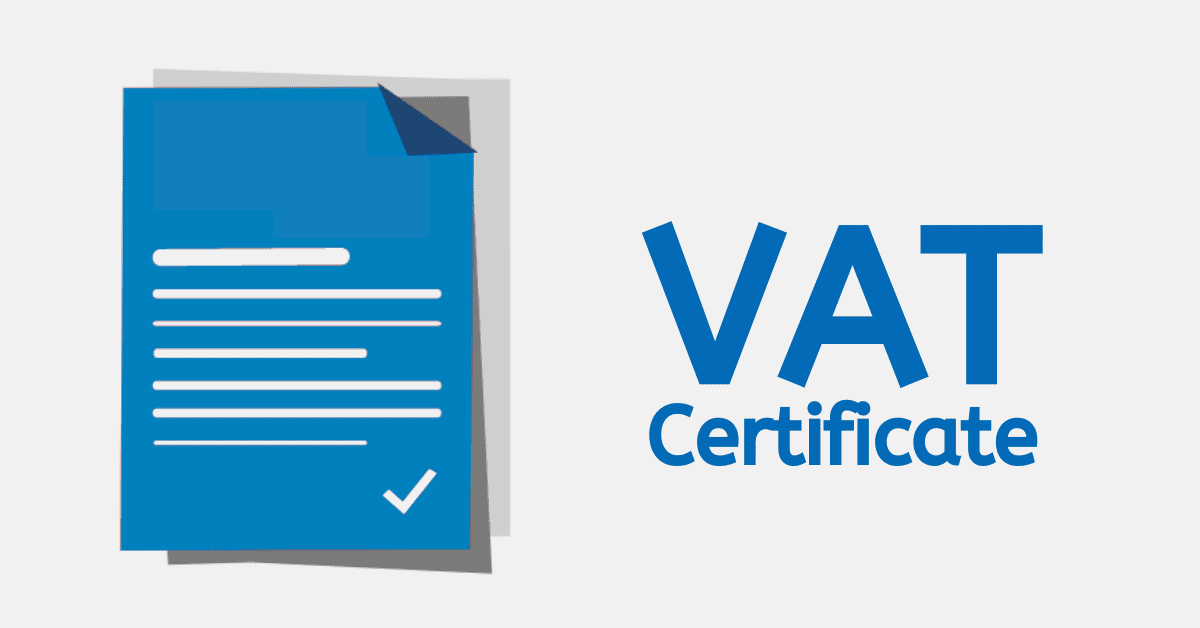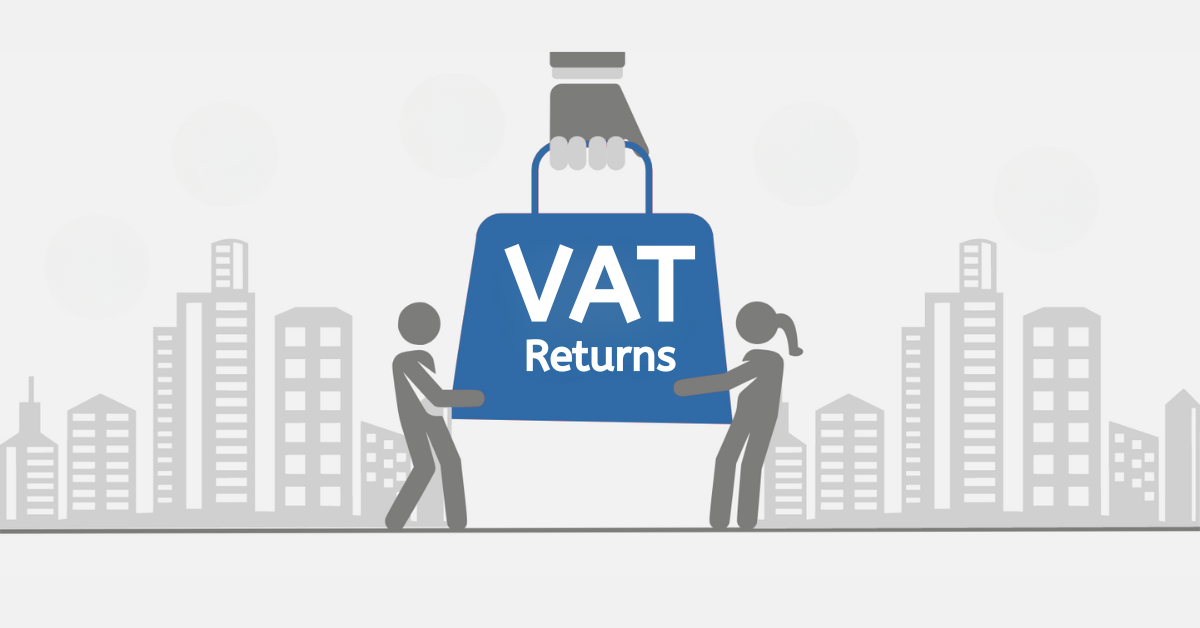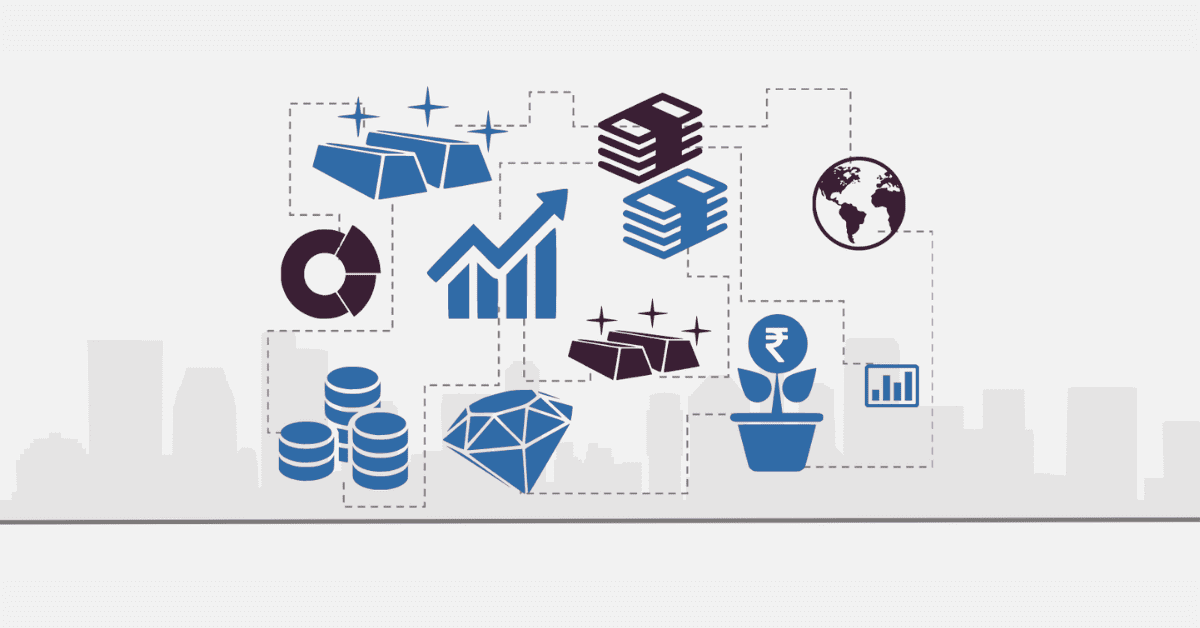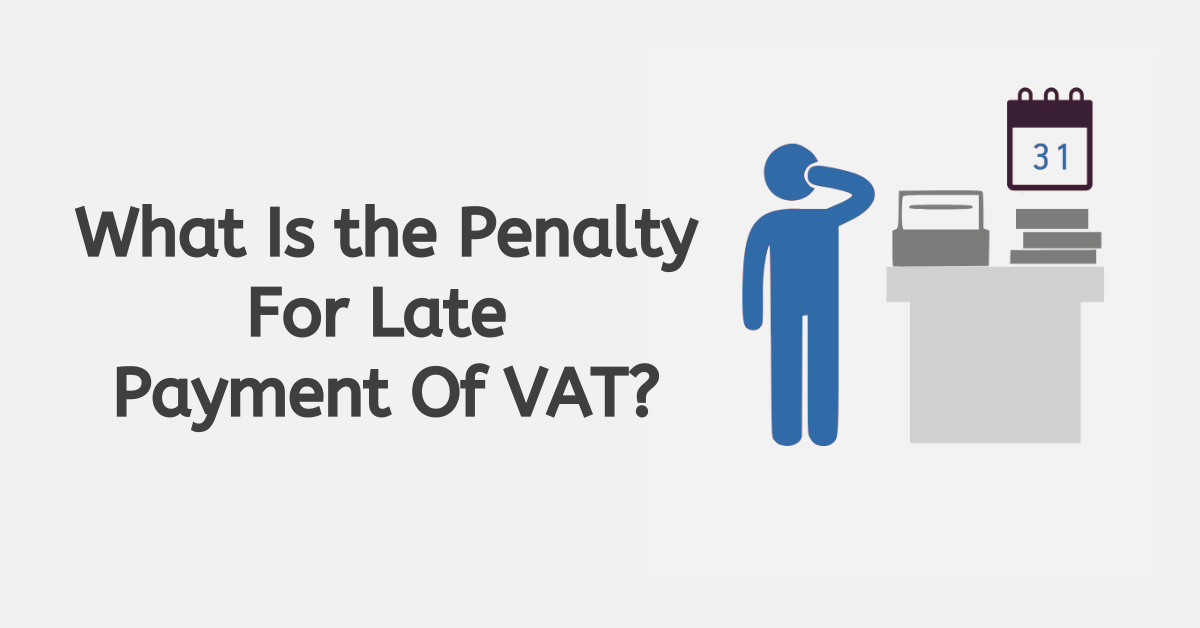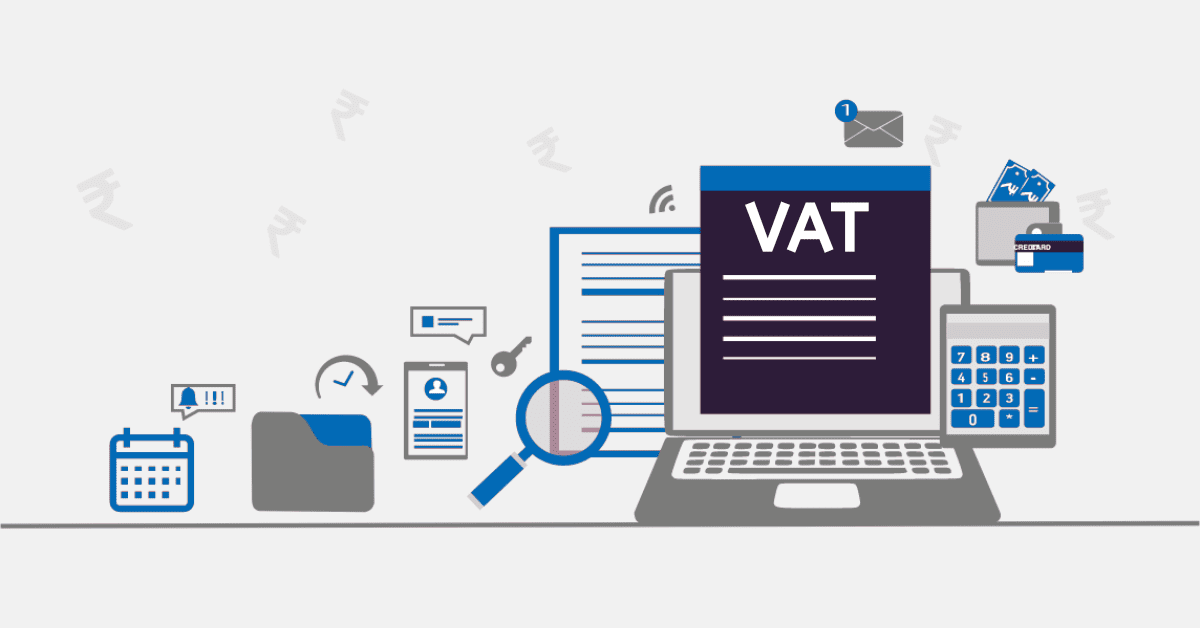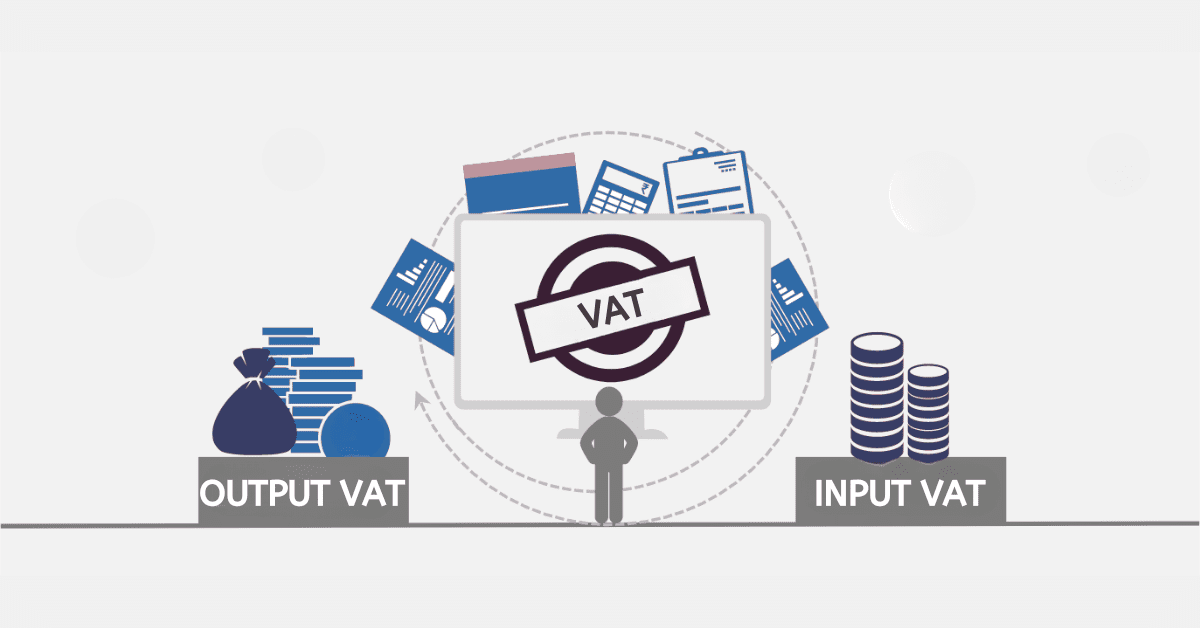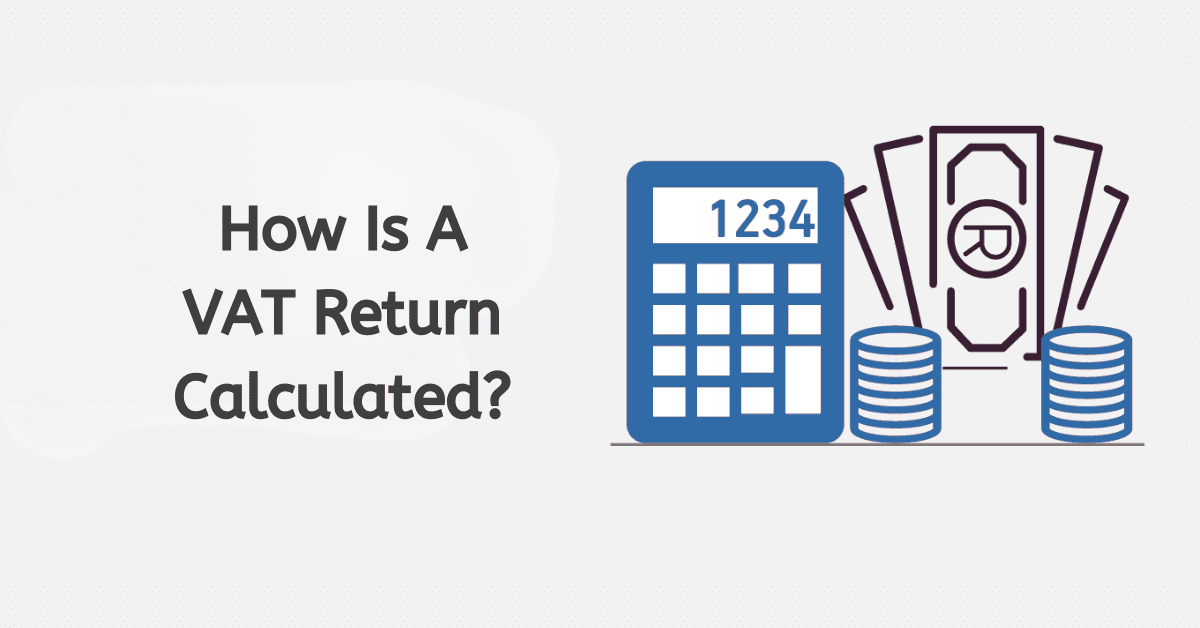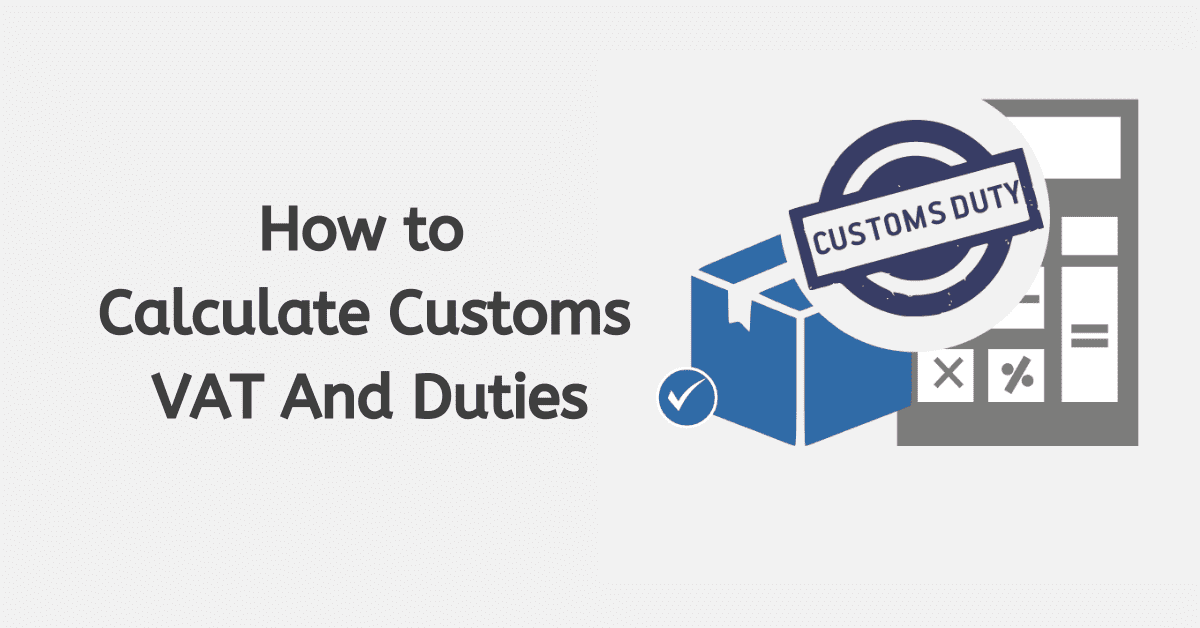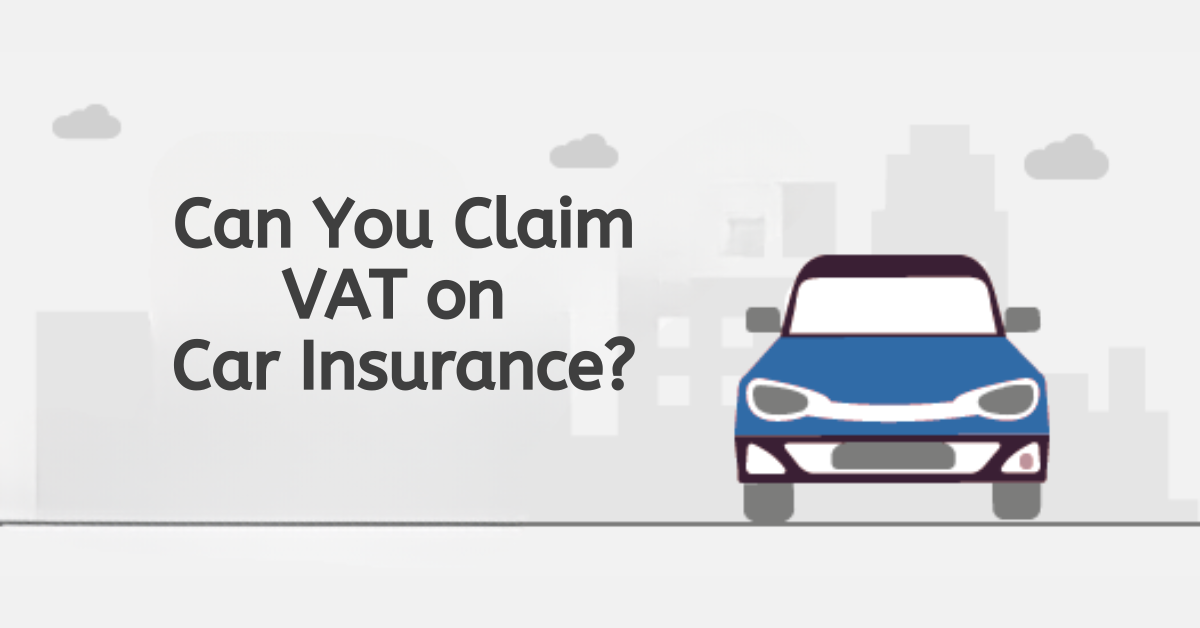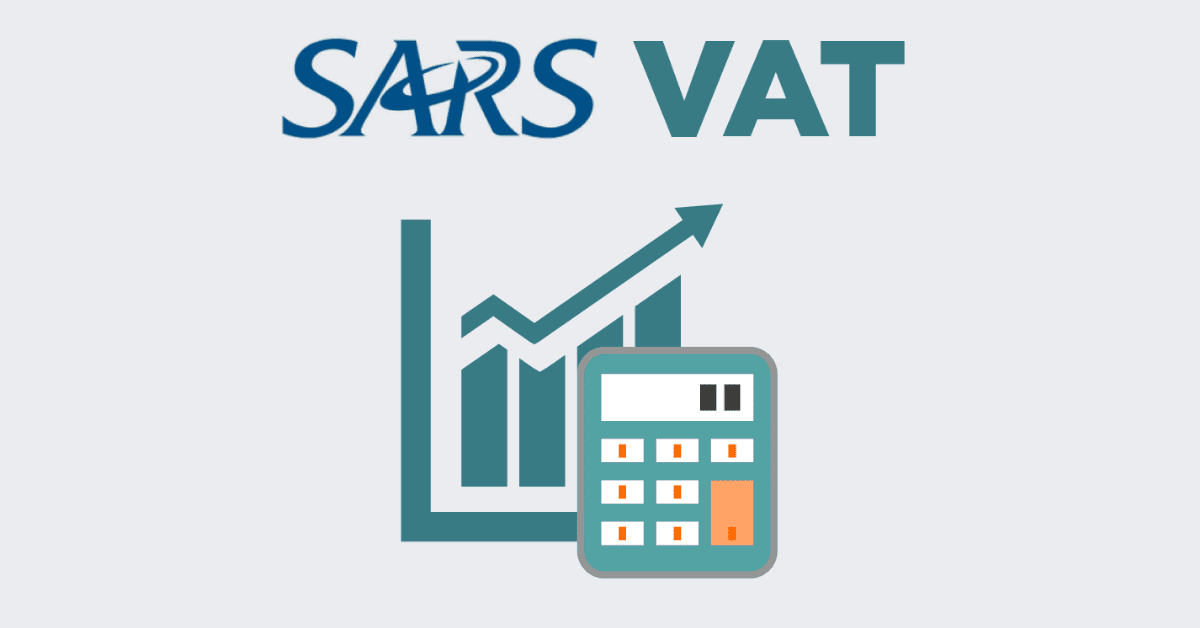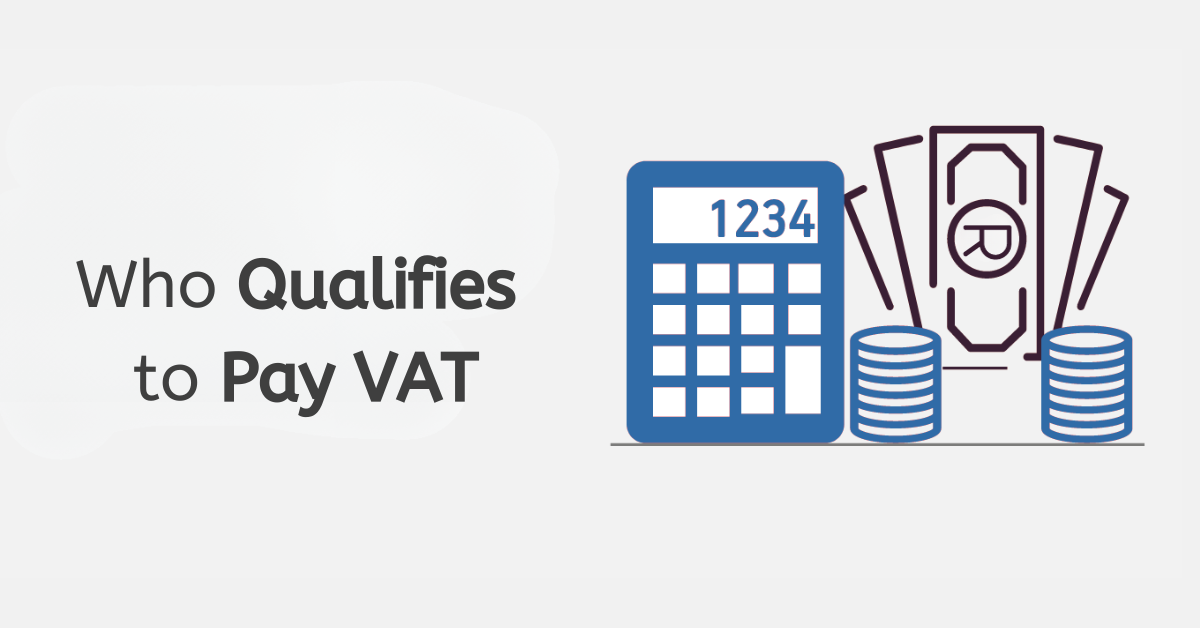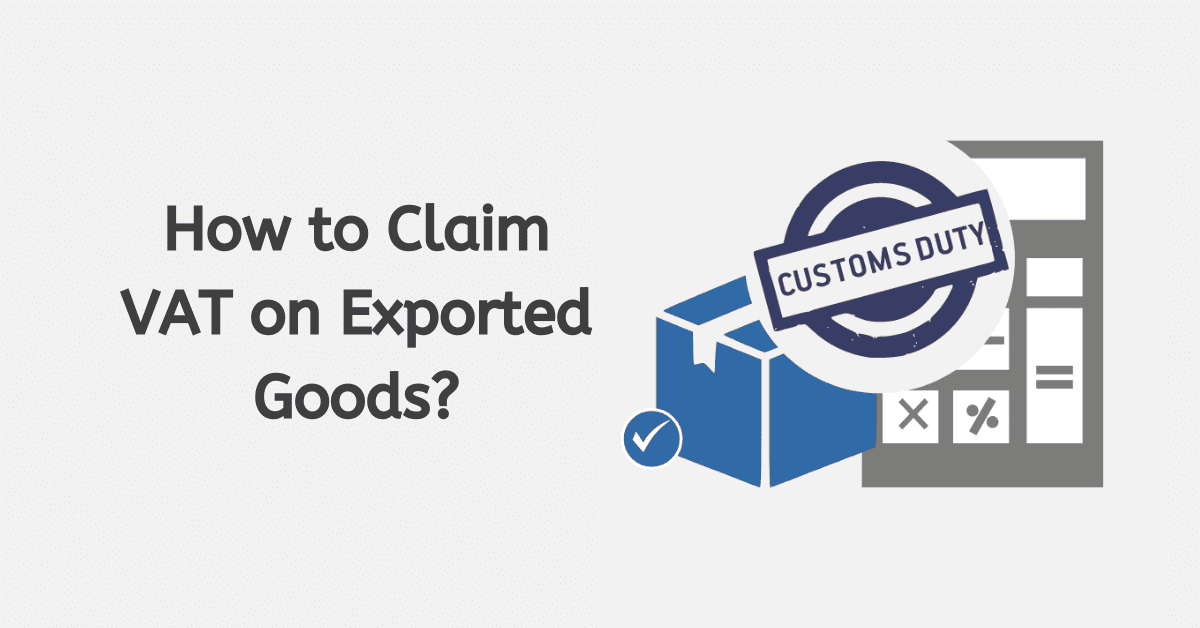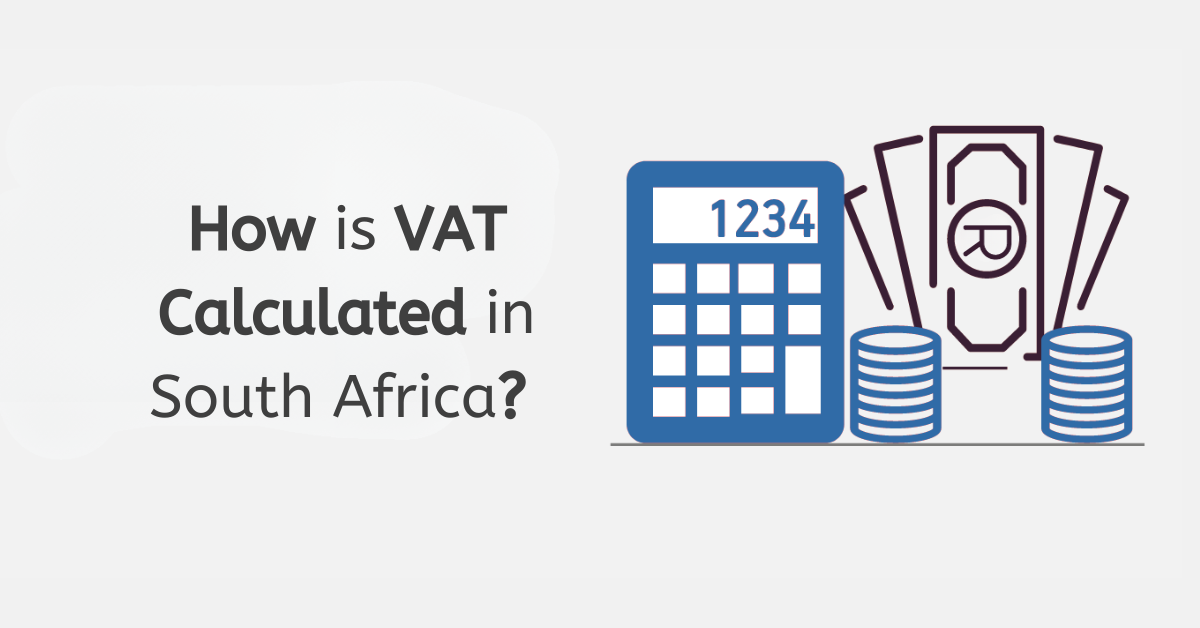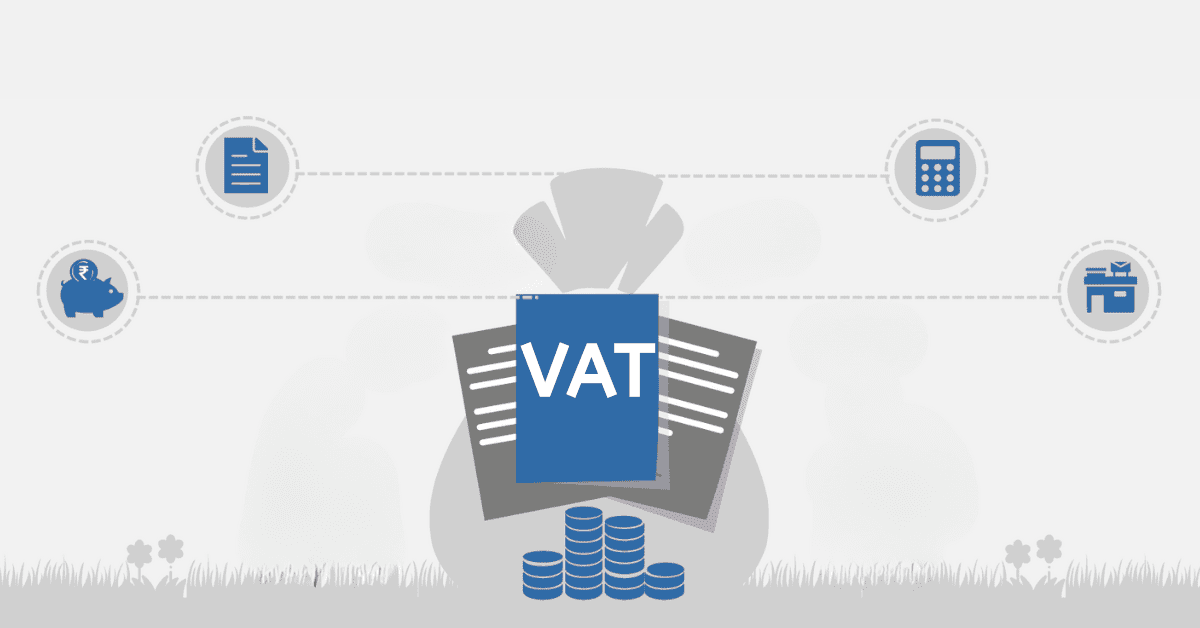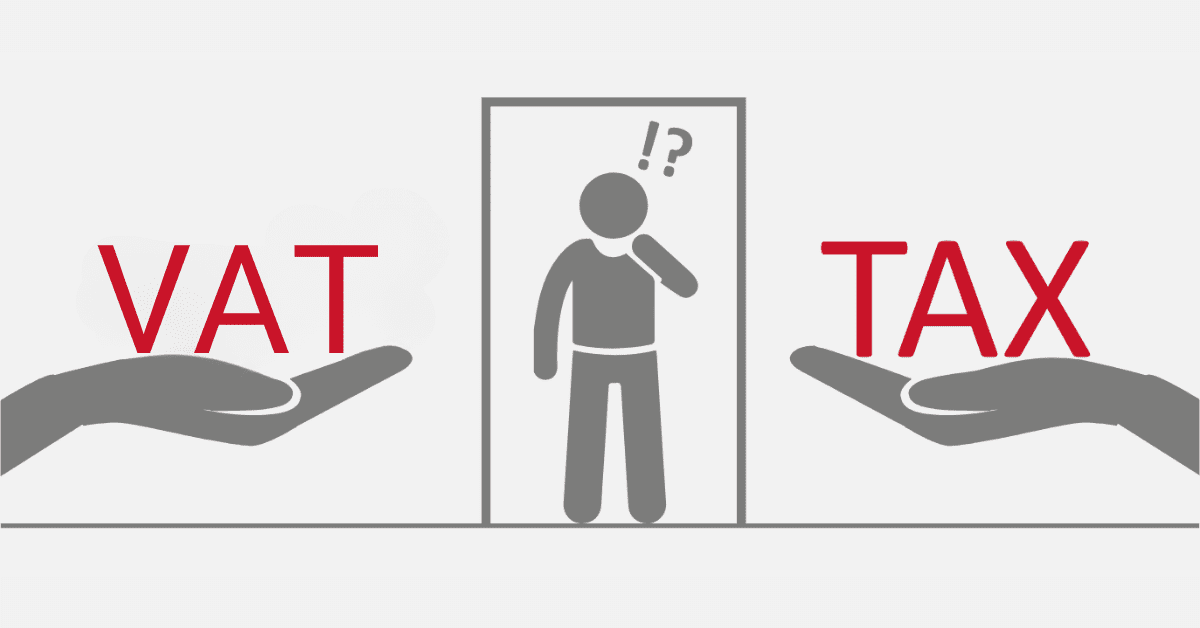Who loves taxes? No one! Yet paying taxes is part of participating in the economy of a country, and helps to fund government initiatives and welfare programs. When we hear the word ‘tax’, we tend to think of the more common tax types, like income tax and PAYE. However, there are many other tax types, and one of the most common is VAT (or Value Added Tax). Today we dig deeper into why VAT exists, what it does, and who it most affects.
What Is The Purpose Of The VAT Tax?
Value Added Tax, as the name suggests, is a consumption tax levied on the value added to goods and services at each stage of the supply chain. The primary purpose of VAT is to generate revenue for the government by distributing this tax’s burden across the entire economy. Unlike direct taxes (like income tax) which are typically carried by specific individuals or businesses, VAT is borne by the end consumer.
The VAT system is supposed to be a fair and transparent tax that aligns with consumption patterns in the country. It captures a percentage of the value added at each stage of production and distribution, ensuring that all participants in the supply chain contribute to overall tax revenue.
Who Pays VAT In South Africa?
In South Africa, both businesses and consumers play a role in the VAT ecosystem.
Businesses are responsible for collecting VAT on their taxable supplies. This includes the sale of goods and services. VAT is added to the selling price, and businesses must account for this tax in their financial transactions.
Consumers ultimately bear the burden of VAT. The tax is embedded in the selling price of goods and services, and consumers pay the total amount, including VAT, at the point of purchase.
While businesses are tasked with collecting and remitting VAT to the South African Revenue Service (SARS), it’s important to realize that VAT is essentially funded by end consumers, making it an indirect consumption tax. While many businesses panic about having to ‘pay VAT,’ this isn’t a tax system for them.
When you are registered as a VAT vendor, either voluntarily or by meeting the mandatory VAT threshold, what you are doing is providing SARS with a summary of the VAT you have paid to your suppliers, and a summary of the VAT you have passed on to your consumers. Only when the latter exceeds the former do you pay over any money to SARS- otherwise you may receive a VAT refund
While this does add another tax type to your eFiling obligations, and can add complexity to your financial records, it often works out in favor of the company, ensuring VAT is passed down the line to the end consumer as intended and not simply absorbed by the company itself.
What Are The 3 Types Of VAT?
In South Africa there are three types of Value Added Tax you should know:
- Standard Rate VAT: The standard rate of VAT is the most common and is applied to most goods and services. The standard VAT rate in South Africa is currently 15%, although some proposed changes tabled in government suggest that this could increase quite sharply in coming years.
- Zero-Rated VAT: Certain goods and services are classified as zero-rated. Examples of zero-rated items are basic food items and some healthcare services. Although VAT is technically applied, just at a rate of 0%, businesses selling zero-rated items can still claim back the VAT they paid on their inputs.
- Exempt VAT: Exempt items are not subject to VAT at all. This category includes certain financial services, residential rental income, and education. Unlike zero-rated items, businesses dealing with exempt items cannot claim back the VAT they paid on their inputs.
Understanding the distinction between these three types of VAT is essential for businesses to accurately apply the appropriate tax treatment to their transactions. While the latter two categories seem very similar at first glance, it is critical to understand the difference and ensure you handle each type correctly within your business.
How Much Is VAT in South Africa?
The standard rate of VAT in South Africa is 15%, despite the likelihood that this will soon rise. This means that for most goods and services, consumers pay an additional 15% of the selling price as VAT. This 15% VAT rate applies to a broad spectrum of goods and services, covering everything from electronic appliances to restaurant meals. However, certain items, as mentioned earlier, fall under the categories of zero-rated or exempt to provide VAT relief on essential goods and services.
No one loves paying taxes, and VAT is just another tax, after all. However, understanding more about why VAT exists, and how it is paid, is critically important, especially if you are running a business that counts as a VAT vendor under South African law.
